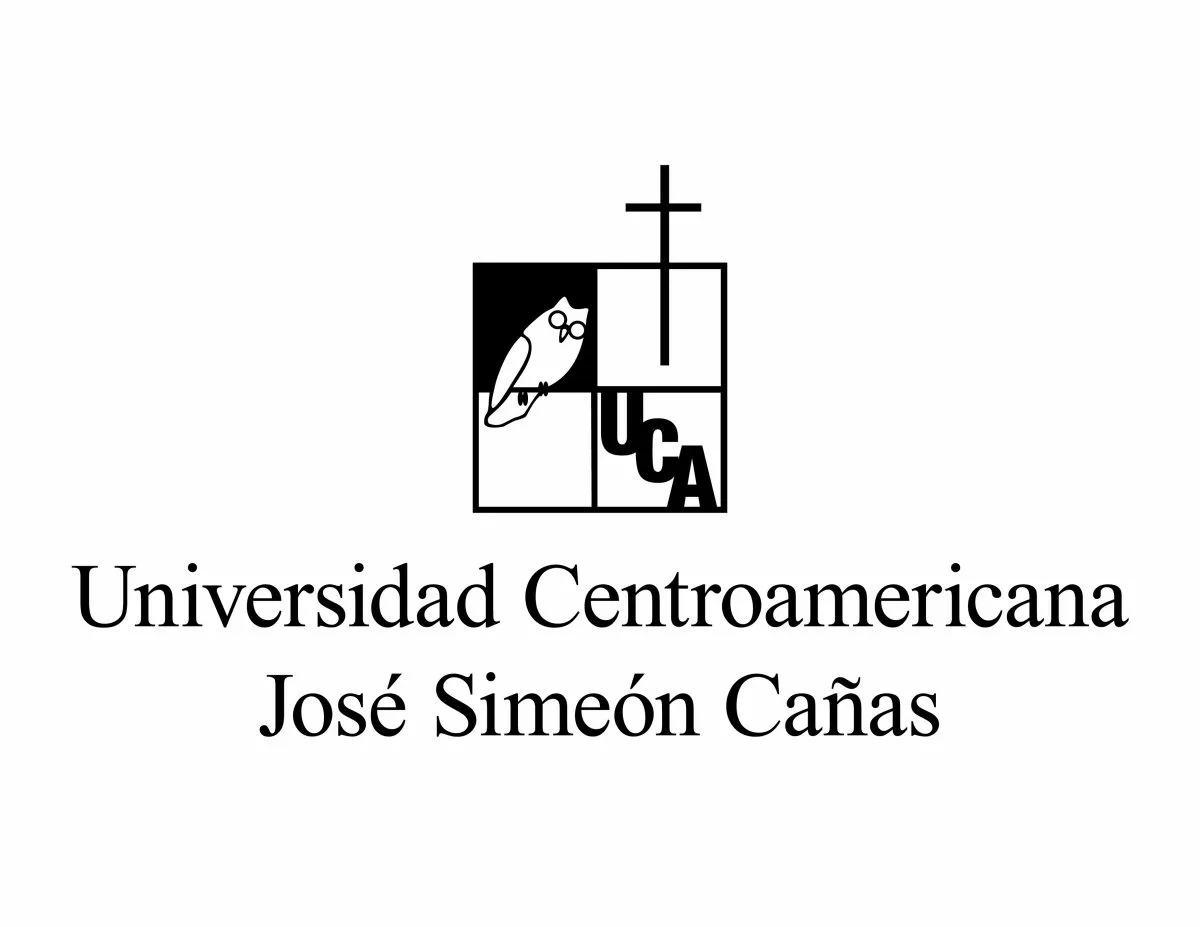“I’d rather they call me a dictator.” In his June 1st speech marking the end of his sixth year in office, Nayib Bukele delivered that line fully aware of its effect, posing a challenge aimed at cementing his control over the narrative. And to bolster the pillar on which he has propped up much of his term—security—he added: “I’d rather they call me a dictator than watch Salvadorans be killed in the streets.”
However, the stability promised on that premise has its limits, and one of the most significant is the economic situation of families. While the government tightens its grip with propaganda and repression, the daily lives of a large segment of the Salvadoran population are sinking into precarity. Prices have risen unchecked, wages aren’t enough, formal employment is scarce, and public debt continues to grow. Survival has become the central concern for thousands of households.
This reality is not just a perception but a clear trend in public opinion. Studies conducted by the University Institute of Public Opinion (Instituto Universitario de Opinión Pública, Iudop) at UCA between March 2023 and December 2024 recorded that concern over crime, which once dominated the social discourse, fell from 15.2% to 1.7%, with the economy becoming the new priority, rising from 63.4% to 75.8% over the same period. Thus, the official narrative faces the challenge of a country where three out of four people say their biggest worry is no longer insecurity, but a lack of money.
Furthermore, at the end of 2024, half the population believed that poverty in El Salvador remained the same as in 2023, while the percentage of those stating it had increased rose from 24% to 26.9%, according to Iudop data. The rhetoric of power can do little in the face of an economy in crisis. When the price of the basic food basket is unaffordable for the majority, when the minimum wage is not enough to cover essential needs, and when uncertainty is the only future on the horizon for the youth, promises of stability ring hollow. No administration can indefinitely maintain its popular support when the majority of the population is struggling daily to get by.
The inevitable question is how much longer the security-focused discourse can hold up when the economy is sinking under rising poverty and deteriorating living conditions for households. Bukele says he’d rather be called a dictator. His latest rhetorical flourish is unlikely to amuse the people who are stretching their incomes and struggling to make ends meet. Hunger is not alleviated by an iron fist and arbitrariness.
UCA: https://noticias.uca.edu.sv/editoriales/seguridad-sin-pan
Seguridad sin pan
“Prefiero que me llamen dictador”. En el discurso del 1 de junio con el que cerró su sexto año al frente del Ejecutivo, Nayib Bukele pronunció esa frase con plena conciencia de su efecto, planteando un desafío que busca consolidar su dominio sobre la narrativa. Y para reforzar el pilar en el que ha sostenido buena parte de su mandato —la seguridad— añadió: “Prefiero que me llamen dictador a ver cómo matan a los salvadoreños en las calles”.
Sin embargo, la estabilidad prometida bajo esa premisa tiene límites, y uno de los más importantes es la situación económica de las familias. Mientras el Gobierno refuerza su control con propaganda y represión, la vida cotidiana de una gran parte de la población salvadoreña se hunde en la precariedad. Los precios han aumentado sin freno, los salarios no alcanzan, el empleo formal escasea y la deuda pública sigue creciendo. Sobrevivir se ha convertido en la preocupación central de miles de hogares.
Esta realidad no es solo una percepción, sino una tendencia marcada en la opinión ciudadana. Los estudios realizados por el Instituto Universitario de Opinión Pública (Iudop) de la UCA entre marzo de 2023 y diciembre de 2024 registraron que la preocupación por la delincuencia, que alguna vez dominó el discurso social, cayó de 15.2% al 1.7%, convirtiéndose la economía en la nueva prioridad, con un aumento del 63.4% al 75.8% en el mismo período. Así, la narrativa oficial enfrenta el desafío de un país donde tres de cuatro personas afirman que su mayor preocupación ya no es la inseguridad, sino la falta de dinero.
Además, al cierre de 2024, la mitad de la población opinó que la pobreza en El Salvador se mantiene igual que en 2023, mientras que el porcentaje de los que afirman que ha aumentado pasó del 24% al 26.9%, según datos del Iudop. La retórica del poder poco puede frente a una economía en crisis. Cuando el precio de la canasta básica es inaccesible para las mayorías, cuando el salario mínimo no alcanza para cubrir necesidades esenciales y cuando la incertidumbre es el único futuro que se vislumbra para la juventud, las promesas de estabilidad poco logran. Ninguna administración puede sostener indefinidamente su arraigo popular cuando la mayoría de la población lucha a diario por subsistir.
La pregunta inevitable es cuánto tiempo más podrá el discurso sostenerse sobre la seguridad cuando la economía se hunde por el aumento de la pobreza y el desgaste de las condiciones de vida de los hogares. Bukele dice preferir que lo llamen dictador. Difícilmente su nuevo golpe retórico tiene gracia para la gente que estira sus ingresos y pasa angustias para llegar a fin de mes. El hambre no se alivia con mano dura y arbitrariedad.
UCA: https://noticias.uca.edu.sv/editoriales/seguridad-sin-pan

